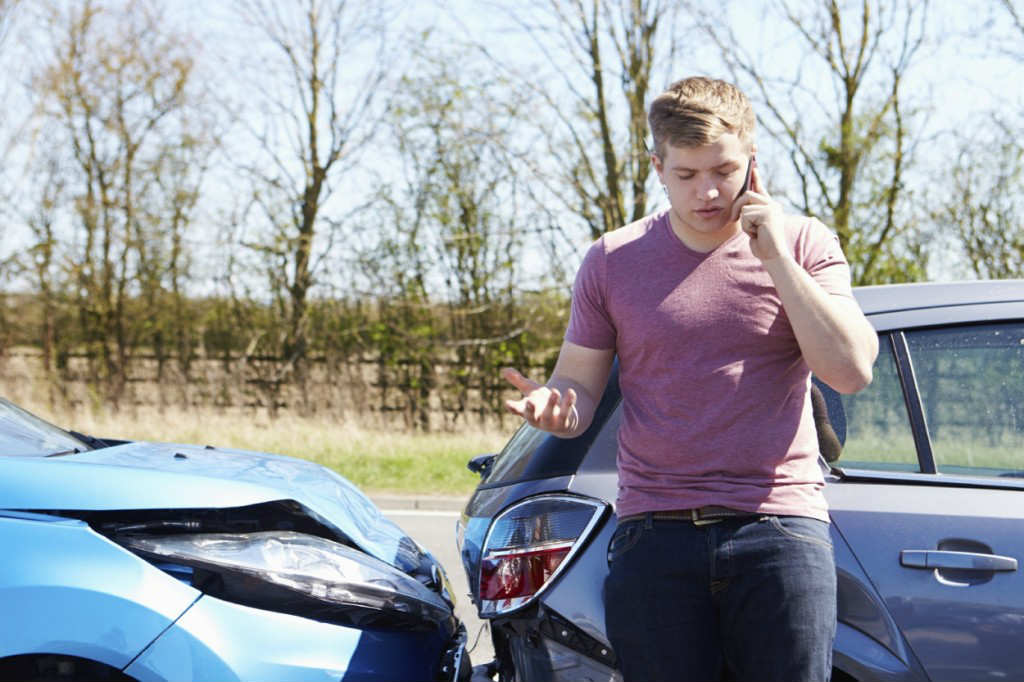
Thousands of people get hurt in car accidents each year. You may think that motor vehicle accidents only happen to those who aren’t ready; those who are distracted on the road or it may just be a matter of luck. But the numbers are rising just the same.
If you ever find yourself in the situation of being in a car accident, experts agree that the first thing you should do is to compose yourself, be calm and shield yourself from further harm. Even the most minor of scrapes can cause huge amounts of anxiety and stress.
Here are some of the things that field experts from the government and non-profit organizations recommend that you do from the scene of a car crash and immediately thereafter. These steps may protect you and mitigate the injuries and damages:
The First 90 Seconds
The first 90 seconds are absolutely critical. As experts note, this small window can determine who lives or dies in a car crash. Be calm and get your bearings. Ensure your safety first and then, the well-being of everyone else.
Assess your injuries. Carefully assess your situation or the extent of your personal injuries. If these are serious, then remain as composed as possible; never panic. Be as still as possible until help arrives. But if you find your injuries to be relatively minor and you are sure that any further movement will not aggravate your situation, then slowly proceed to the next steps.
Assess the situation. Check the safety of others and assess the situation of your passengers, if any and then those who may have also been involved in the accident. Look for potential dangers – smell the air for leaking gas or watch out for other vehicles that may be on fire.
Quickly scan the area and look for people whose lives may be in danger. Deal with them first. Call for help or at least make sure someone has already called 911 or alerted similar rescue services.
Evacuate the scene. Retreat to a safe distance to avoid secondary accidents. Remove the victims and anyone involved far away from the danger zone, (or the immediate area of the car accident) to minimize the hazards or chances of secondary accidents.
If you can still drive and your car can still be moved, take it off the road, away from the passing traffic. Be very safe when attempting to do this. Again, this is to avoid secondary collisions against incoming drivers who may be distracted or those who can’t react in time.
If the first option is impossible, then take the victims and retreat to a safer location, away from the potential trajectories of secondary accidents. Still, if moving your companions will aggravate the situation, stay on your seat and fasten your safety belt securely. Wait for emergency medical teams or police officers to control the situation.
The Next Five Minutes
After the initial evacuation and safety assessment, the risk of further injuries and secondary accidents decreases dramatically. Now the next five minutes are critical as well.
Get all the help you can. Upon the arrival of emergency response teams, it’s absolutely critical that you follow their instructions. These people train extensively to deal with the exact same situation that you might find yourself in.
For these responding teams to be successful, they need your full cooperation. Alert the authorities of those who may be hurt or injured. Let them know of the risks you have assessed of the accident scene.
Talk to a medic and let them know how you feel. Give them as many details as possible when describing your injuries and any pain you feel. Let them do their work and accept the treatment they can provide on the spot.
Make a factual report to the police. While your insurance provider may have already instructed you never to admit fault or share the limits and coverage of your insurance, this is the same advice that most personal injury lawyers give their clients. If you do not know all the facts, then you may not be under obligation to give a full statement on the accident.
Nonetheless, the law provides that if in your current state of shock and apprehension you’re unable to give an official statement to the police, then you’re under legal obligation to do so. You may be able to make a statement later when you have regained your mental faculties.
If you or someone you know has been involved in a car accident, contact the Car Accident Lawyers at the Law Office of James M. Hoffmann by calling (314) 361-4300 or request a free consultation.
